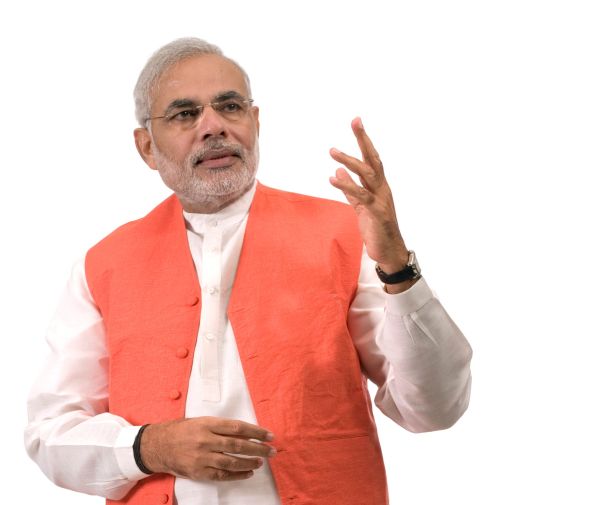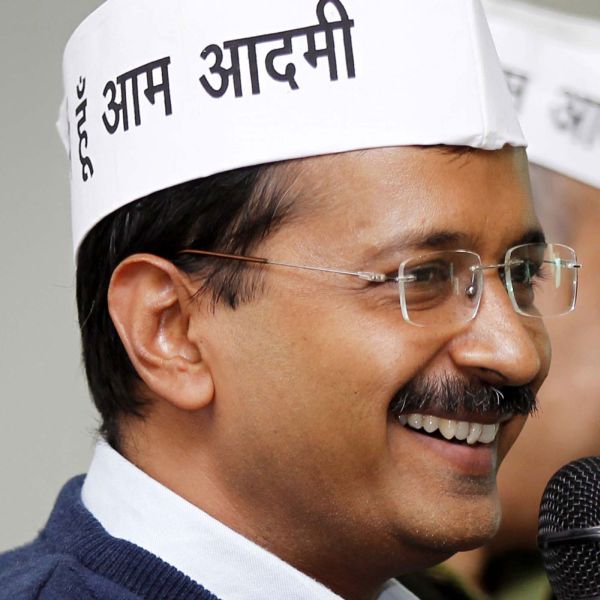Many are toying at the possibility of India witnessing the most interesting elections ever in 2014. With new developments every day, there is a strong chance for the country’s political paradigm to witness a big shift towards what many think would be the start of 21st century politics. This would mark an end to the 90s trend of so-called Mandal and Kamandal politics that gave rise to caste based formations and the BJP. However, the BJP is not even a shadow of what it used to be a few years earlier. The BJP of yesterday relied on playing with religious emotions in order to come to power.

Narendra Modi, BJP’s prime ministerial candidate, is intent on winning the elections based on his record performance in improving the social and economic welfare of his home state Gujarat. He is also insisting on communal peace in a bid to wipe out that stain of the 2002 Godhra riots from his career graph.
Most of the BJP leaders have sided up with Modi in claiming that issues like good governance and development motivate them, while the Vishwa Hindu Parishad and other Sangh Parivar outfits still talk about Mandir. Many other party leaders still favor yesterday’s flavor in politics as well with Nitish Kumar, Lalu Yadav, Mulayam Singh Yadav, etc. giving off the same impression.
Even the Congress seems to falter in its quest to bring about new age politics, with most of its innovations (including the primaries to select the right candidates) sounding old fashioned and farcical.

Another trend in Indian politics can be noted with the advent of the Aam Aadmi Party that is spearheaded by Arwind Kejriwal. The new trend sees people being more articulate and open about the need for a change and their distrust in the old political parties and their outdated ways.
People are coming forth to support the common person rather than the one who shows the most power. The citizens of the country have grown tired of BJP’s Hindutva policy as well as Congress’s socialistic bilge. Instead of watching from the sidelines, the people want to have a direct say in the way their country is governed, including direct involvement in taking important decisions related to the country. This is called referendum politics and this is what the AAP want for India.
However, one has to note that the chances of the failure of this type of politics are high. While it gained immense respect and recognition in Switzerland, the country which first implemented the system, it failed miserable in California. While the AAP believes that this kind of democracy would increase accountability, many feel that a crowd-sourced law would create more confusion.
Summary
The general elections would be held in May this year. The results would indicate the direction in which India is poised to travel in the coming years. All the political parties need to get this message clear though. Indian citizens are no longer concerned by caste loyalties and ideologies. Rather, they are interested in a better and more solid government that takes their opinions seriously, involves them in decision-making matters, can be held accountable and provides better prospects for its people.



